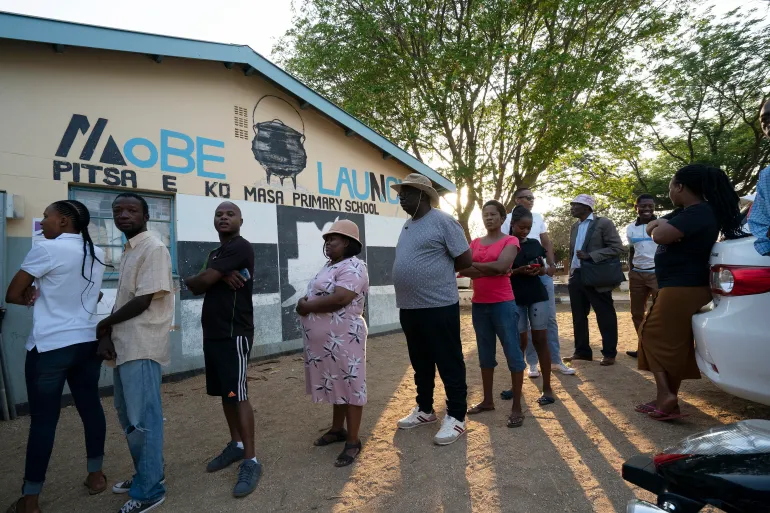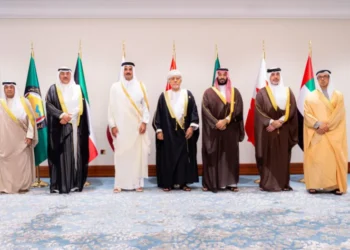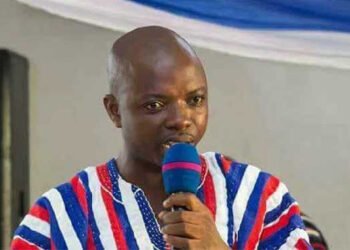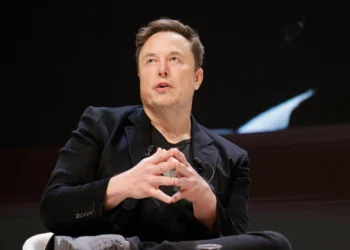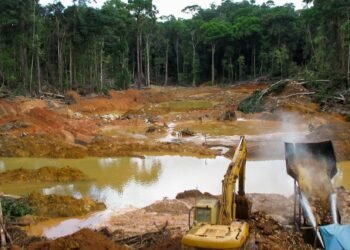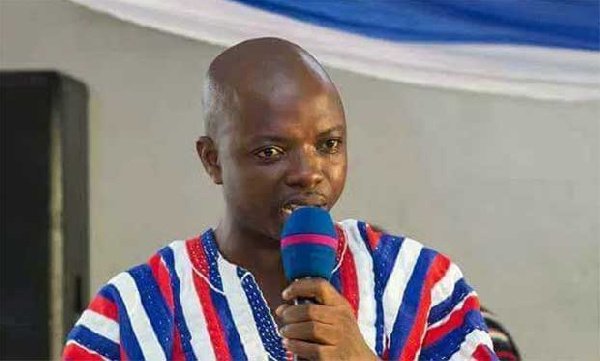As Botswana heads into a tense general election on Wednesday, October 30, roughly one million eligible voters are poised to make a pivotal decision amid economic hardships and growing political divides.
Known as Africa’s longest-standing democracy, Botswana has long been celebrated for peaceful power transitions since gaining independence from Britain in the 1960s. However, this election brings fresh concerns over potential unrest.
Election observer Tendai Mbanje from the African Centre for Governance Election Observation cautioned that “there are tensions in the country due to the shifting political landscape,” attributing these tensions to the intensified political rivalry. “Unlike in the past, there is increased political competition,” he added.
How Voting Works
Botswana’s election system is indirect: voters elect members of parliament who then select the head of the ruling party to serve as president for a five-year term. In this election, voters will choose 61 National Assembly members and 609 local council members across 16 local authorities. The candidate with the most votes in each constituency wins, in a first-past-the-post system. Despite the multi-party system, the ruling Botswana Democratic Party (BDP) has remained dominant since 1969, securing 38 out of 57 parliamentary seats in 2019. Polls suggest the BDP could see another significant victory, although opposition parties are making inroads.
The Candidates
President Mokgweetsi Masisi, 63, represents the ruling BDP and remains the frontrunner despite growing internal tensions within his party. The BDP’s long history in power and its strong rural support, especially among the Tswana majority, make him a formidable contender.
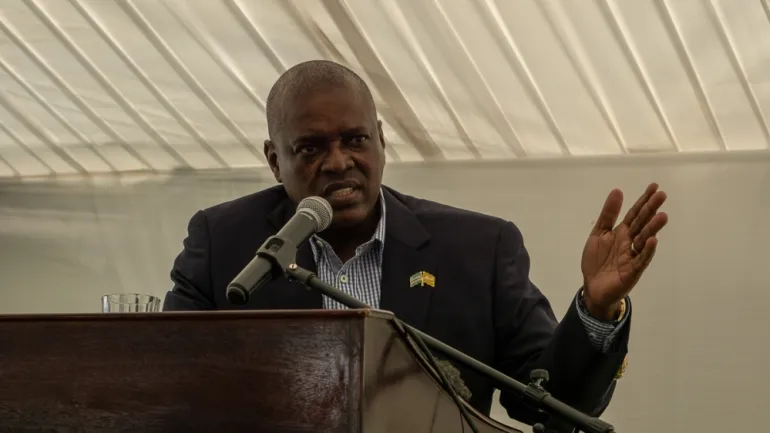
Duma Boko, a 54-year-old lawyer, heads the Umbrella for Democratic Change (UDC), a coalition of opposition groups. Boko’s coalition won 15 seats in 2019, challenging BDP dominance, and he has positioned himself as the main threat to Masisi. Analysts remain divided over his chances, but growing support for the UDC hints at a tighter race.
Mephato Reatile, leading the newly formed Botswana Patriotic Front (BPF), originated with supporters of ex-President Ian Khama after he broke from the BDP. Khama’s return from exile to back the BPF has increased election tensions, particularly due to his rivalry with Masisi.
Key Issues Defining the Vote
Botswana’s election occurs at a critical moment as the nation grapples with economic and environmental challenges. At the heart of the economic strain lies a decline in global diamond demand and punishing drought conditions that threaten livelihoods.
Diamonds have been the cornerstone of Botswana’s economic ascent, contributing 80 percent of export revenue and helping it attain one of Africa’s highest per capita GDPs at $7,250. However, a global fall in diamond prices, driven by synthetic alternatives, has dented this reliance. Botswana’s continued export of raw diamonds without diversification has exposed it to market vulnerabilities, especially in key buyers like China and the United States.
Despite its wealth, Botswana faces a 27 percent unemployment rate. Its income inequality mirrors the broader trend seen in southern Africa, with significant disparities between affluent and impoverished citizens.
Also, higher temperatures attributed to climate change have led to persistent droughts, severely impacting agriculture and water supplies. This shift has left over 10 percent of the population in chronic food insecurity, as reported by the United Nations Office for the Coordination of Humanitarian Affairs (OCHA).
Conservation has also become a focal issue, with Masisi lifting the trophy hunting ban enacted by previous administrations, leading to criticism from both local and international conservation advocates.
Democracy and Constitutional Reform
While Botswana has maintained a reputation as a stable democracy, Masisi’s critics accuse him of limiting dissent and obstructing democratic progress. In particular, they cite the delay in the constitutional review process, which was approved but has yet to be fully implemented.
According to Mbanje, “The accusations of dictatorship from detractors are a result of frustration of the pending constitutional review process that Masisi’s government is seen to have not delivered.”
Masisi’s administration, however, has argued that the democratic process remains intact, and the government emphasizes the need for stability and careful reform rather than rapid change.
With economic turmoil, environmental challenges, and democratic reforms on the line, Botswana’s upcoming election carries high stakes. Although the BDP remains favored to retain power, the competition has intensified, revealing a population increasingly eager for reform and transparency in governance.
READ ALSO: Excessive Brutalities, Government Inactions Et al Foiling Civic Engagement in Ghana

